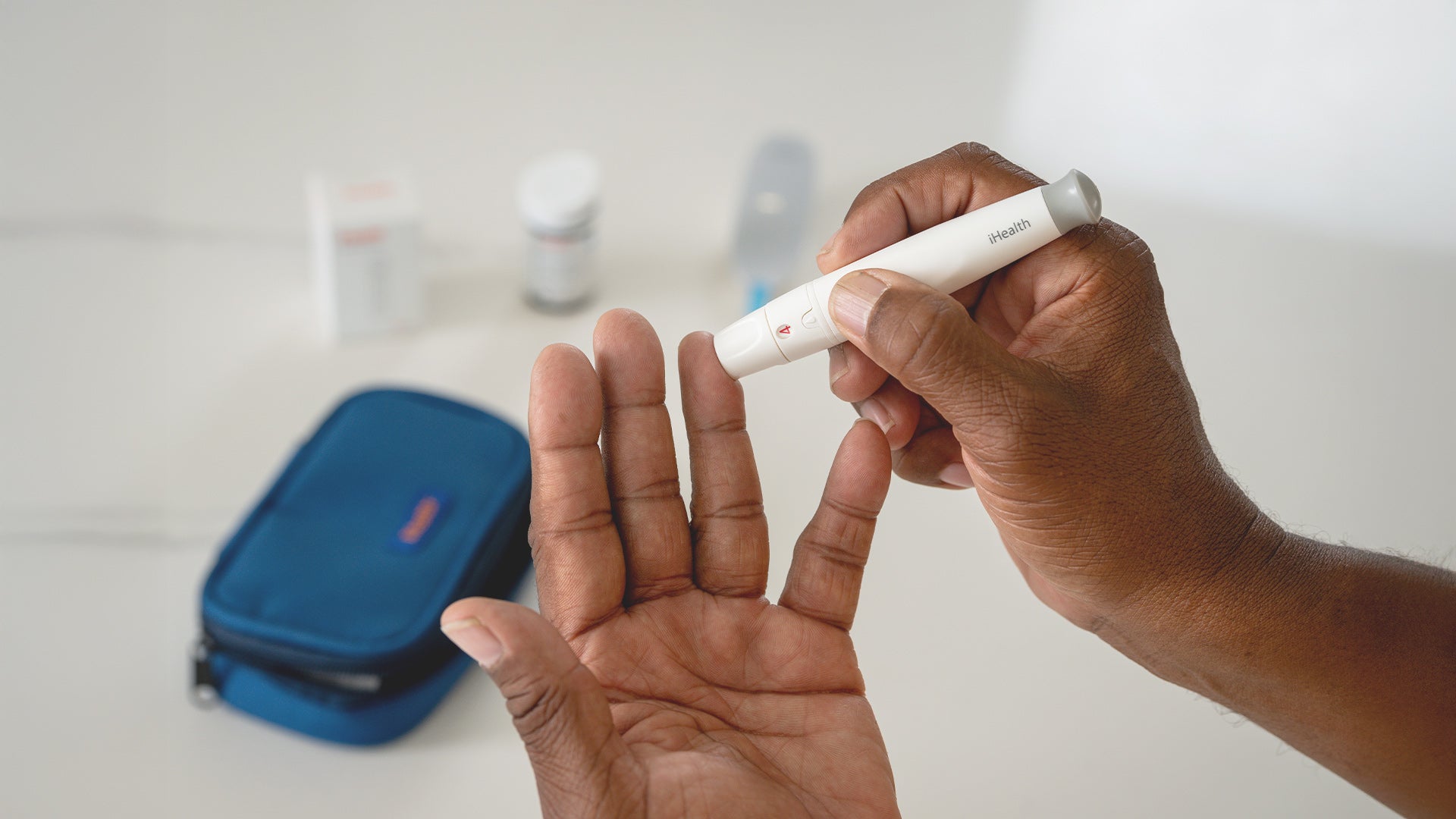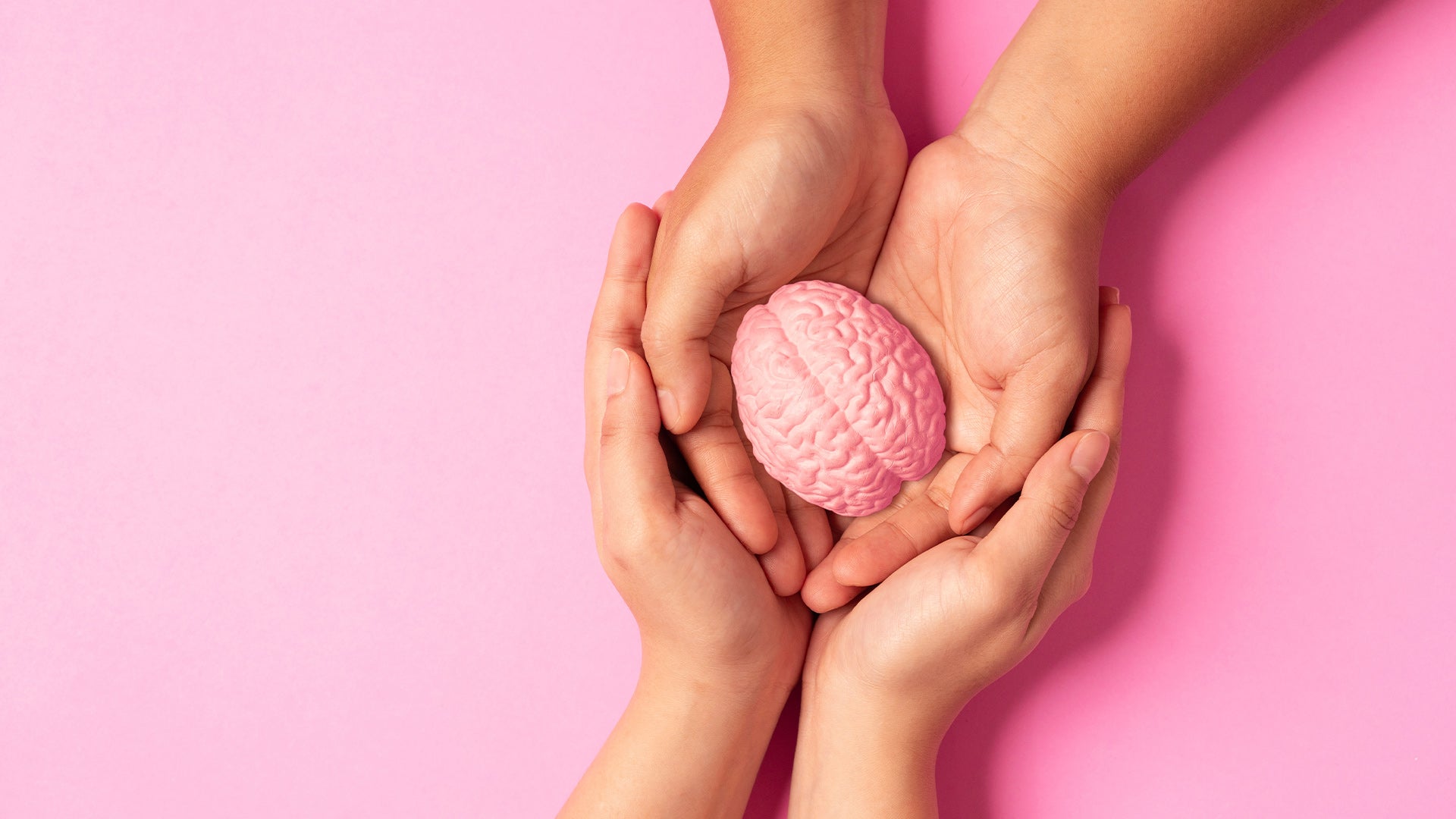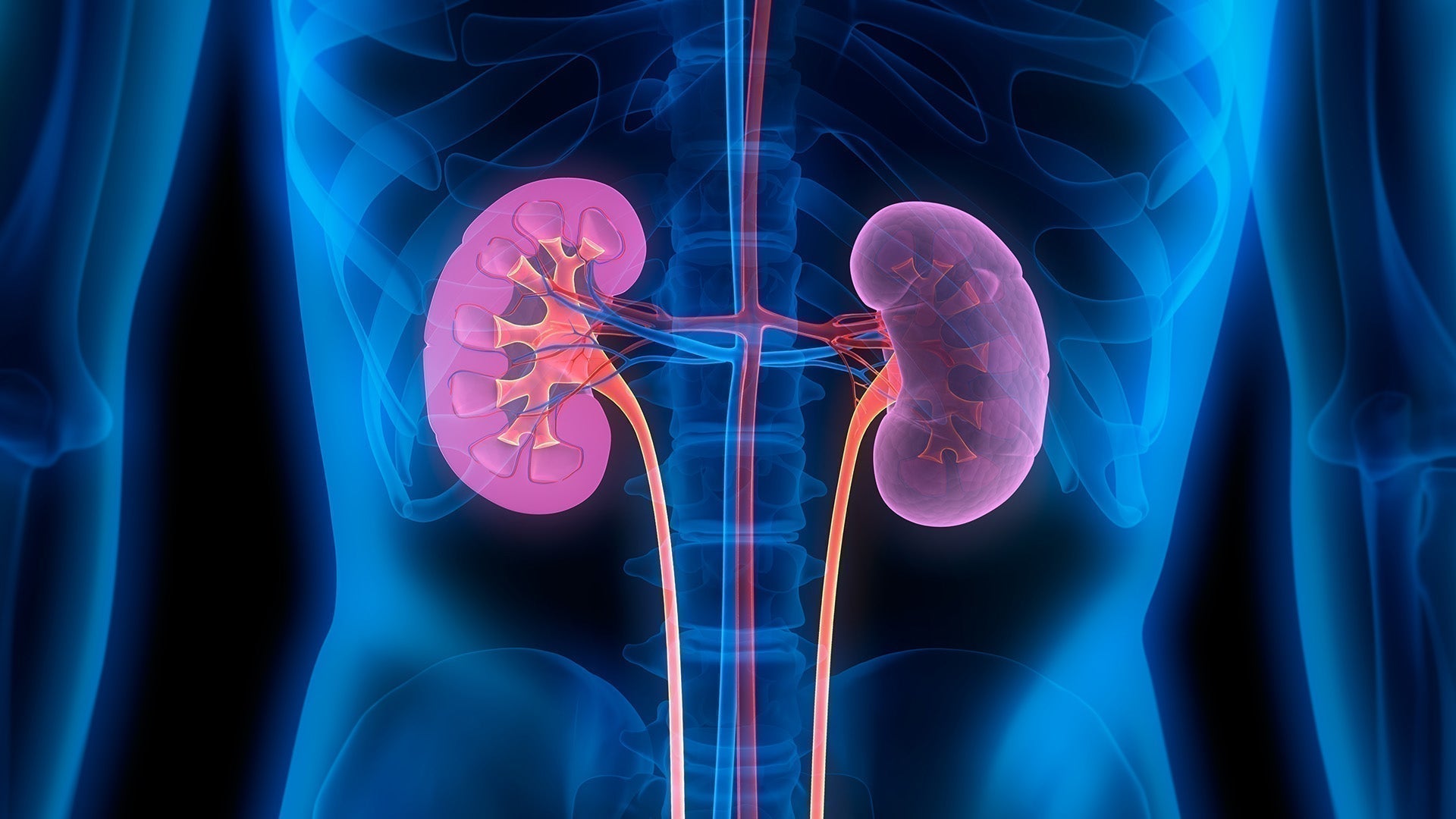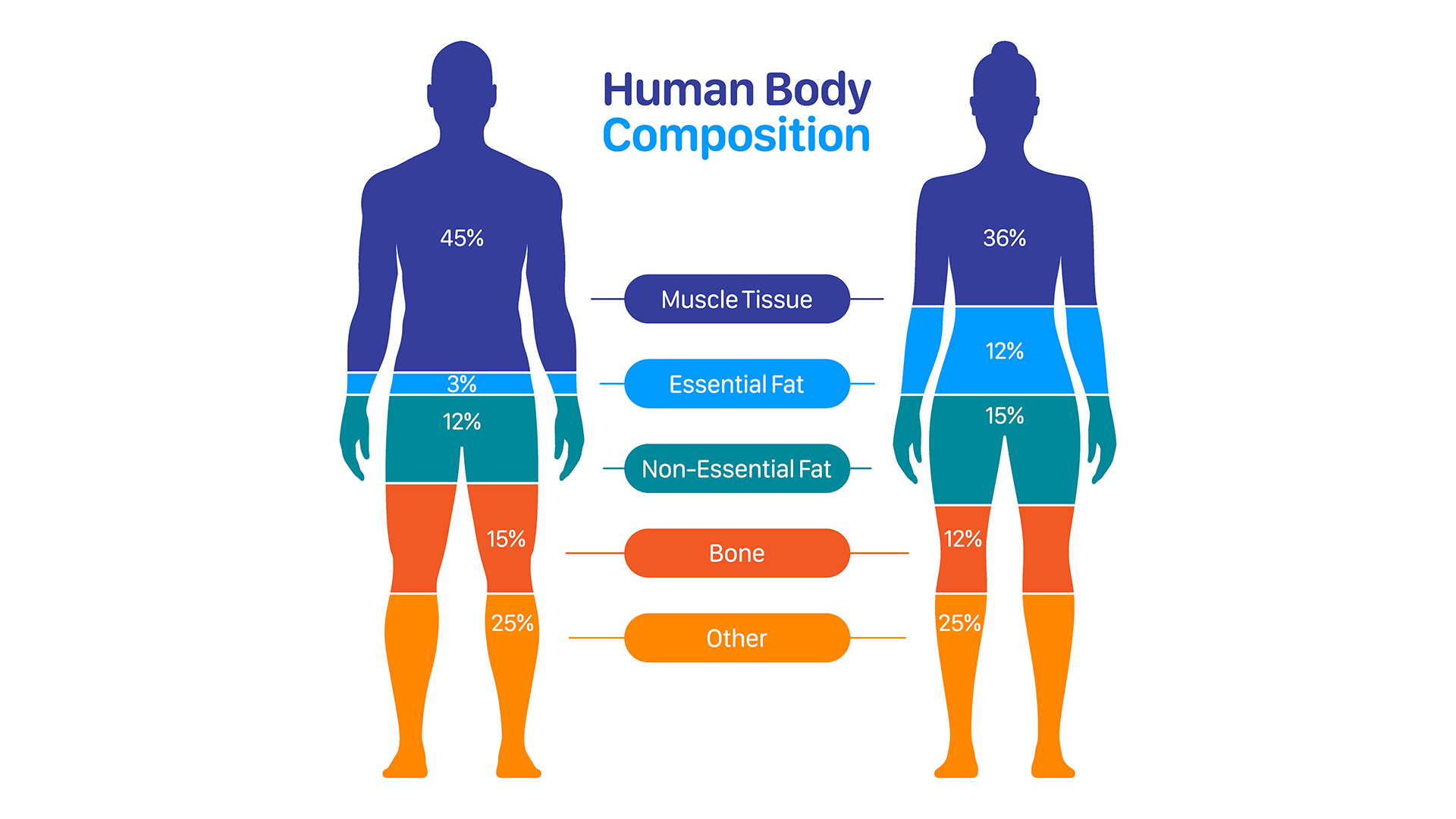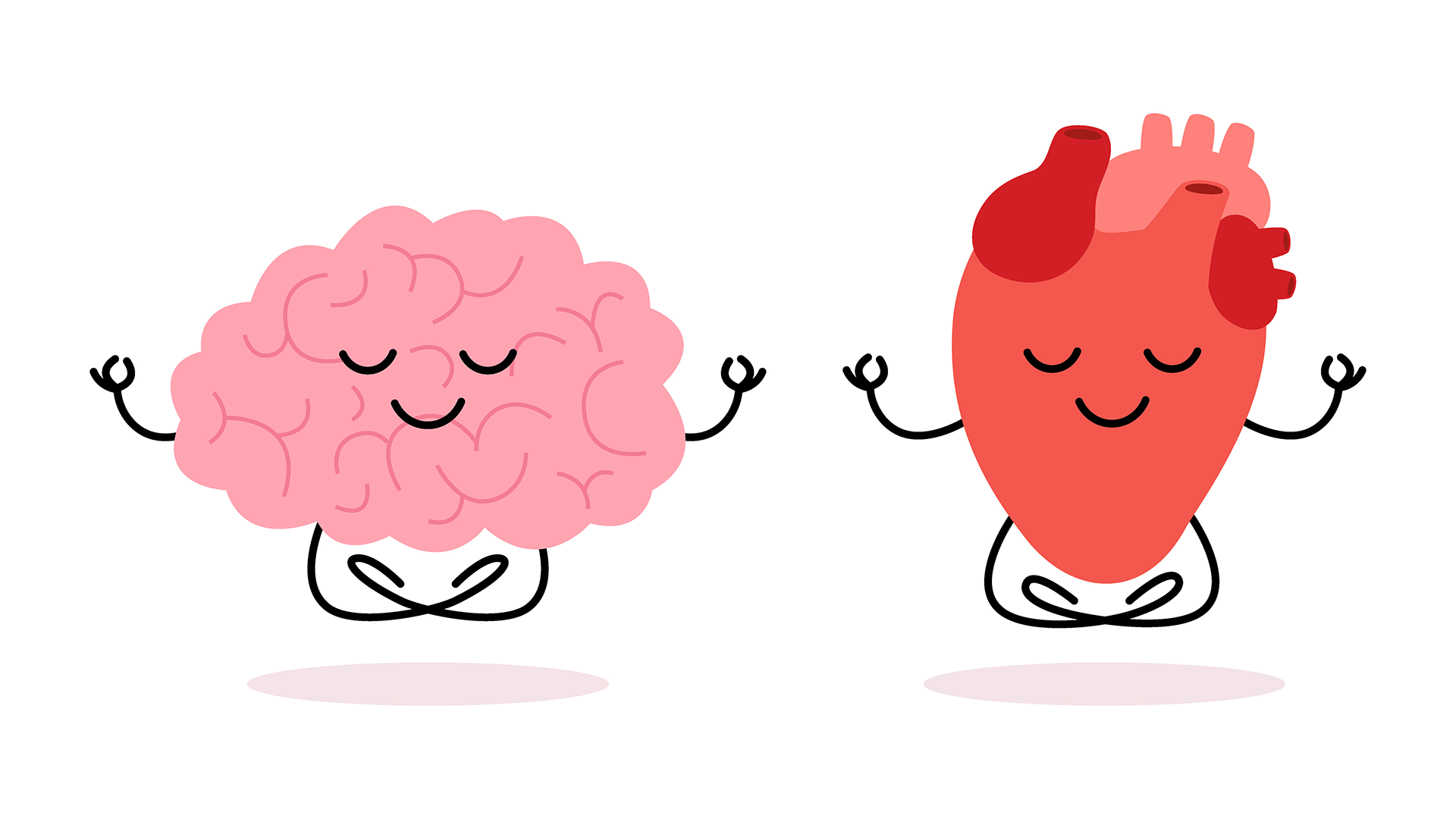Learn Your Way
to A Healthier Life

“Your gut is your second brain.”
-Dr. Michael Gershon, known as the Father of Neurogastroenterology-
Gut health is having a moment, and for good reason. Once a super science-related topic reserved for gastroenterologists and nutrition nerds, it’s now front and center in wellness conversations everywhere. From probiotic-packed drinks to #guthealth trending on TikTok, the idea that your digestive system is doing more than just breaking down food has gone mainstream.
At the heart of it is the gut-brain connection, also called the gut-brain axis. Think of it like a high-speed information two-lane highway between your digestive system and your brain and nervous system. Scientists are discovering that your gut, home to trillions of bacteria, fungi, and other microorganisms, plays a surprisingly powerful role in your mental and emotional health, as well as your overall wellness. Significantly for instance, 70% of your immune system resides in your gut.
A Command Center for Health
Your gut isn’t just a food-processing machine; it’s more like a command center that touches nearly every aspect of your health, including your mood. At the center of it is your gut microbiome, the trillions of bacteria that call your digestive tract home.
These tiny tenants do a lot more than help you break down food. They play a crucial role in:
-
Digestion and nutrient absorption. Helping you pull vitamins, minerals, and energy from what you eat.
-
Immune system regulation. Training your body to respond to threats without overreacting.
-
Inflammation control. Keeping chronic inflammation (a driver of many diseases) in check.
-
Hormonal signaling. Influencing everything from appetite to mood by helping produce and regulate key chemicals.
When your gut microbiome is balanced and thriving, it helps support mental clarity, stable moods, and even better stress resilience. But when things fall out of balance, a state known as dysbiosis, you may experience more than just bloating or bathroom troubles. Dysbiosis has been linked to symptoms like anxiety, depression, brain fog, and fatigue.
In other words, your gut and brain are constantly in conversation, and what you eat can help shape that dialogue.
The Gut-Brain Axis: How Does It Work?
Imagine your gut and brain are pen pals constantly exchanging messages. Only instead of paper and stamps, they’re using a mix of nerves, hormones, neurotransmitters, and immune signals to keep the conversation going.
At the center of this communication highway is the vagus nerve, the longest cranial nerve in the body. It acts like a superhighway between your gut and brain, carrying signals in both directions. When your gut is irritated, inflamed, or out of balance, the brain picks up on it, and vice versa.
But the vagus nerve isn’t the only messenger. Your gut and brain also chat through:
-
Immune pathways. Inflammation in the gut can trigger immune responses that affect brain function and mood.
-
Neurotransmitters. Believe it or not, your gut produces about 90% of your body’s serotonin, a chemical that helps regulate mood, sleep, and appetite. It also produces dopamine and GABA, both involved in emotional regulation and stress response.
-
Short-chain fatty acids (SCFAs). These are byproducts of fiber digestion in the gut, and they play a role in reducing inflammation and supporting brain health. SCFAs can even influence the blood-brain barrier, a protective layer that keeps harmful substances out of the brain.
It’s not just a one-way street. Stress and anxiety can also throw your gut off balance. That’s why emotional stress might trigger bloating, nausea, or changes in your bathroom habits. It’s a feedback loop, when one side of the system is out of sync, the other tends to follow.
6 Ways Our Mental Health and Gut Health Are Related
1. Anxiety and Irritable Bowel Syndrome (IBS)
If you’ve ever had “butterflies in your stomach” before a stressful event, you’ve felt the gut-brain connection in action. But for people with Irritable Bowel Syndrome (IBS), this connection can go into overdrive. IBS is considered a functional gut disorder, which means symptoms like cramping, bloating, and irregular bowel movements aren’t caused by visible damage, but may be influenced by miscommunication between the brain and the gut.
Research shows that people with IBS often have heightened sensitivity in the gut and a stronger response to stress, likely influenced by the central nervous system and the vagus nerve. It’s a classic example of a feedback loop: anxiety can worsen gut symptoms, and gut symptoms can fuel anxiety.
2. Depression and Dysbiosis
Growing research shows that imbalances in the gut microbiome (called dysbiosis) are linked to higher rates of anxiety and depression. Your microbiome isn’t just along for the ride — it actively helps shape your brain chemistry. Studies have found that individuals with depression tend to have altered gut microbiota compared to those without, including reduced microbial diversity and imbalances in key bacterial species like Bifidobacterium and Lactobacillus.
These microbes don’t just aid digestion: they influence neurotransmitter production, inflammation, and the body’s stress response. While we’re still learning what comes first — the mood disorder or the microbiome imbalance — the association is strong enough to suggest they’re closely linked.
3. Stress and Digestion
Stress doesn’t just live in your head: it shows up in your gut, too. When you’re under pressure, your body releases cortisol, a stress hormone that affects gut motility (how fast things move through the GI tract) and increases gut permeability, also known as “leaky gut.”This means unwanted substances like toxins or undigested food particles may pass through the intestinal lining and trigger inflammation.
At the same time, stress can reduce beneficial bacteria and slow down digestion, which can lead to constipation, discomfort, or bloating. It’s no surprise that many people feel digestive symptoms when life gets chaotic. Your gut really does feel what your brain feels.
4. Probiotics and Mood
Enter psychobiotics — a newer class of probiotics being studied for their potential mental health benefits. These are specific strains of beneficial bacteria that may help reduce symptoms of anxiety and depression, likely by influencing neurotransmitter levels and reducing inflammation. Early research is promising: one meta-analysis found that certain probiotic strains (including Lactobacillus helveticus and Bifidobacterium longum) were linked to modest but significant improvements in mood and anxiety symptoms.
That said, not all probiotics are equal, and we still have a lot to learn about which strains work best, at what doses, and for whom. A registered dietitian can help you navigate this growing (and often confusing) area of gut health supplements.
5. Food Sensitivities and Brain Fog
Ever felt foggy-headed or irritable after a meal that didn’t sit well with you? You’re not imagining it. Gut inflammation or dysbiosis may contribute to symptoms like brain fog, fatigue, or difficulty concentrating. When the gut is inflamed or its barrier is compromised, immune responses can be triggered, leading to the release of cytokines (inflammatory messengers) that affect brain function.
6. Diet Quality and Microbiome Diversity
A healthy gut is a diverse gut. Diets rich in fiber, prebiotics, and plant-based foods have been consistently associated with greater microbial diversity, which is linked to lower levels of depression and anxiety. Fiber serves as fuel for your good gut bacteria, allowing them to produce those short-chain fatty acids (SCFAs) like butyrate, which help reduce inflammation and support brain health.
On the flip side, ultra-processed diets high in sugar, saturated fat, and additives tend to disrupt the balance of the microbiome. It’s not about perfection, but about feeding your inner ecosystem in a way that supports both physical and emotional balance.
How a Dietitian Can Help
When it comes to gut health and mental well-being, there’s no one-size-fits-all plan — and that’s exactly where a registered dietitian shines. A dietitian can help you:
-
Personalize your nutrition to support both gut function and emotional health — whether that’s increasing prebiotic fiber, adjusting your meal timing, or reducing foods that are throwing your system out of balance.
-
Identify potential triggers or food sensitivities that could be contributing to brain fog, bloating, or mood swings — and do it in a way that doesn’t lead to overly restrictive eating.
-
Build microbiome-friendly meals that include the nutrients your gut bugs love (like fiber, fermented foods, and polyphenols) without making things complicated or boring.
-
Navigate the supplement aisle, which can feel like the wild west of wellness. Not all probiotics or prebiotics are created equal — and some may be unnecessary or even unhelpful, depending on your symptoms.
-
Support long-term behavior change — not just by telling you what to eat, but helping you figure out how to make it happen in real life, even when you’re stressed, tired, or just not feeling it.
The Bottom Line
Your gut and brain are more connected than you might think — and nourishing one can have powerful ripple effects on the other. As research into the gut-brain axis grows, one thing is clear: the foods you eat, the balance of your microbiome, and how you manage stress all play a role in how you feel physically and emotionally.
The good news? You don’t have to figure it all out alone. A registered dietitian can help you understand your body’s signals, build a gut-friendly plate, and create a sustainable plan that supports both digestion and mental well-being. Because better gut health isn’t just about fewer stomach issues — it’s about feeling better physically and mentally.
Additional References
-
Qin HY, Cheng CW, Tang XD, Bian ZX. Impact of psychological stress on irritable bowel syndrome. World J Gastroenterol. 2014 Oct 21;20(39):14126-31.
-
Kumar A, Pramanik J, Goyal N, Chauhan D, Sivamaruthi BS, Prajapati BG, Chaiyasut C. Gut Microbiota in Anxiety and Depression: Unveiling the Relationships and Management Options. Pharmaceuticals (Basel). 2023 Apr 9;16(4):565.
-
Madison A, Kiecolt-Glaser JK. Stress, depression, diet, and the gut microbiota: human-bacteria interactions at the core of psychoneuroimmunology and nutrition. Curr Opin Behav Sci. 2019 Aug;28:105-110.
-
Merkouris E, Mavroudi T, Miliotas D, Tsiptsios D, Serdari A, Christidi F, Doskas TK, Mueller C, Tsamakis K. Probiotics' Effects in the Treatment of Anxiety and Depression: A Comprehensive Review of 2014-2023 Clinical Trials. Microorganisms. 2024 Feb 19;12(2):411.
-
O'Riordan KJ, Moloney GM, Keane L, Clarke G, Cryan JF. The gut microbiota-immune-brain axis: Therapeutic implications. Cell Rep Med. 2025 Mar 18;6(3):101982.
-
Martin SE, Kraft CS, Ziegler TR, Millson EC, Rishishwar L, Martin GS. The Role of Diet on the Gut Microbiome, Mood and Happiness. medRxiv [Preprint]. 2023 Mar 21:2023.03.18.23287442.
Sign Up For More From iHealth
Receive the Latest News and Special Offers





